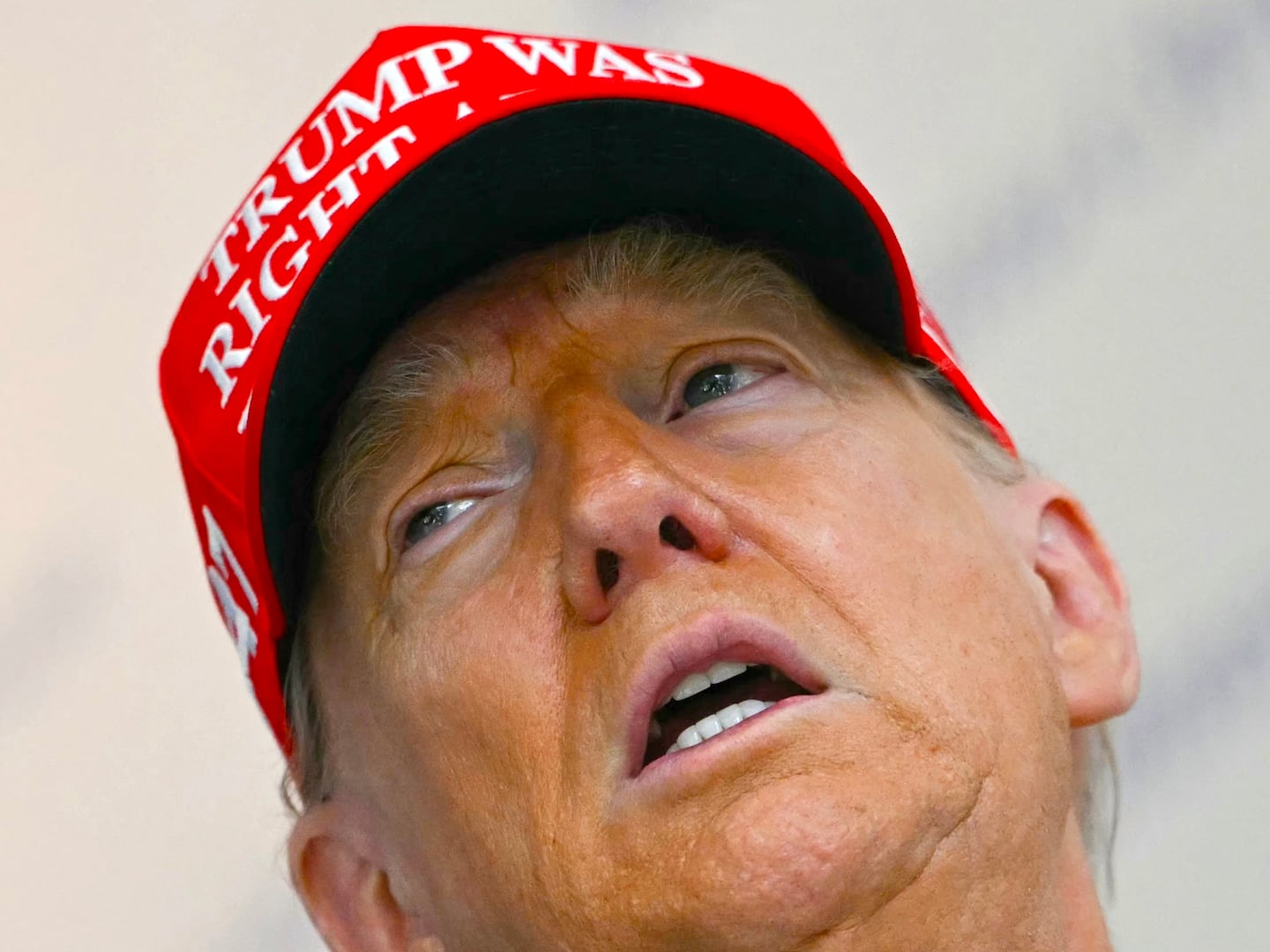On the surface, it looks like another failure to connect the dots.
Russia’s intelligence service, the FSB, warned the FBI in 2011 about a young Chechen named Tamerlan Tsarnaev, who they believed had become radicalized and was prepared to join an underground organization in Russia. The FBI interviewed the man, searched its databases and found nothing, and closed the case the same year. Two years later, Tamerlan and his younger brother, Dzhokhar, bombed the Boston Marathon.

Already two members of Congress have asked the Obama administration for answers about the FBI’s empty investigation. On Saturday, Rep. Michael McCaul (R–Texas), the chairman of the House Homeland Security Committee and Rep. Peter King (R–New York), the chairman of that panel’s subcommittee on counterterrorism and intelligence, wrote a letter asking for “all information possessed by the U.S. government related to Tsarnaev prior to April 15, 2013.”
“The FBI interviewed Tamerlan Tsarnaev at the request of a foreign liaison service, on the basis of suspicions that Tsarnaev was involved in terrorist activities,” they wrote. “Tsarnaev subsequently traveled to and from Russia and posted jihadist materials on his social media. Yet Tsarnaev remained at liberty in this country to conduct the Boston attack, and it took days to publicly identify him as a suspect.”
But there were good reasons that the tip didn’t trigger a more aggressive American investigation, current and former intelligence and law-enforcement officials tell The Daily Beast.
Those officials pointed to the FSB’s habit of treating much behavior by Chechens as suspicious, and nearly all such behavior as terror-related. The Tsarnaev request, they speculated, was likely triggered by the FSB’s concern that he would participate in or provide support to Chechen insurrectionists in Russia, rather that by any sense of a threat to American interests.
“The FSB is mad at a lot of Chechens,” said Michael Hayden, the former director of the CIA and the National Security Agency, who noted that he did not know at this point whether there was enough intelligence to warrant a full-scale investigation into Tsarnaev in 2011. “Not all of them are terrorists, and even fewer of them are dangerous to the United States.”
“When stuff like this happens, we did what we did we called the long pause,” said Hayden. “You get with your staff, you say it’s these two Chechen idiots, you see what’s in the database. You collect so much stuff, then you go and explain it eventually to Congress.”
A recently retired FBI counter-terrorism supervisor said the tip from the FSB would have been sent to the joint terrorism task force’s branch in Boston and prompted a preliminary investigation. “You run a background check, you have three months to complete that,” this former official said. “If you don’t get anything on that, you just close it. If you do get something from that, you get a full field investigation going. Only when you get a full field investigation can you do surveillance.”
The FSB’s request also came as relationships between the U.S. and Russia have been fraught, the U.S. officials noted. In 2011, the Obama administration raised its concern at the highest levels over a string of bombings in Georgia, including one attempt at the American embassy, that the U.S. suspected Russian military intelligence was involved in.
The Russia authorities have also been criticized for using its intelligence services and international resources as a political tool against domestic opponents. On Monday, Petr Stupin of the Moscow Tverskoi District Court issued an arrest warrant for William Browder, the manager of the Hermitage Fund and the chief advocate for the U.S. law barring visas for Russian officials implicated in human-rights abuses.
“We’ve all been through this,” said Hayden, who was director of the NSA on 9/11, about the criticism the FBI is now receiving. “People like me view this as the FBI’s turn.”






